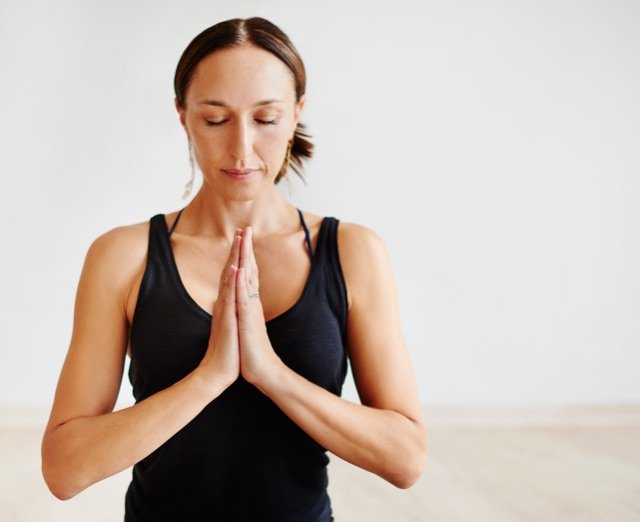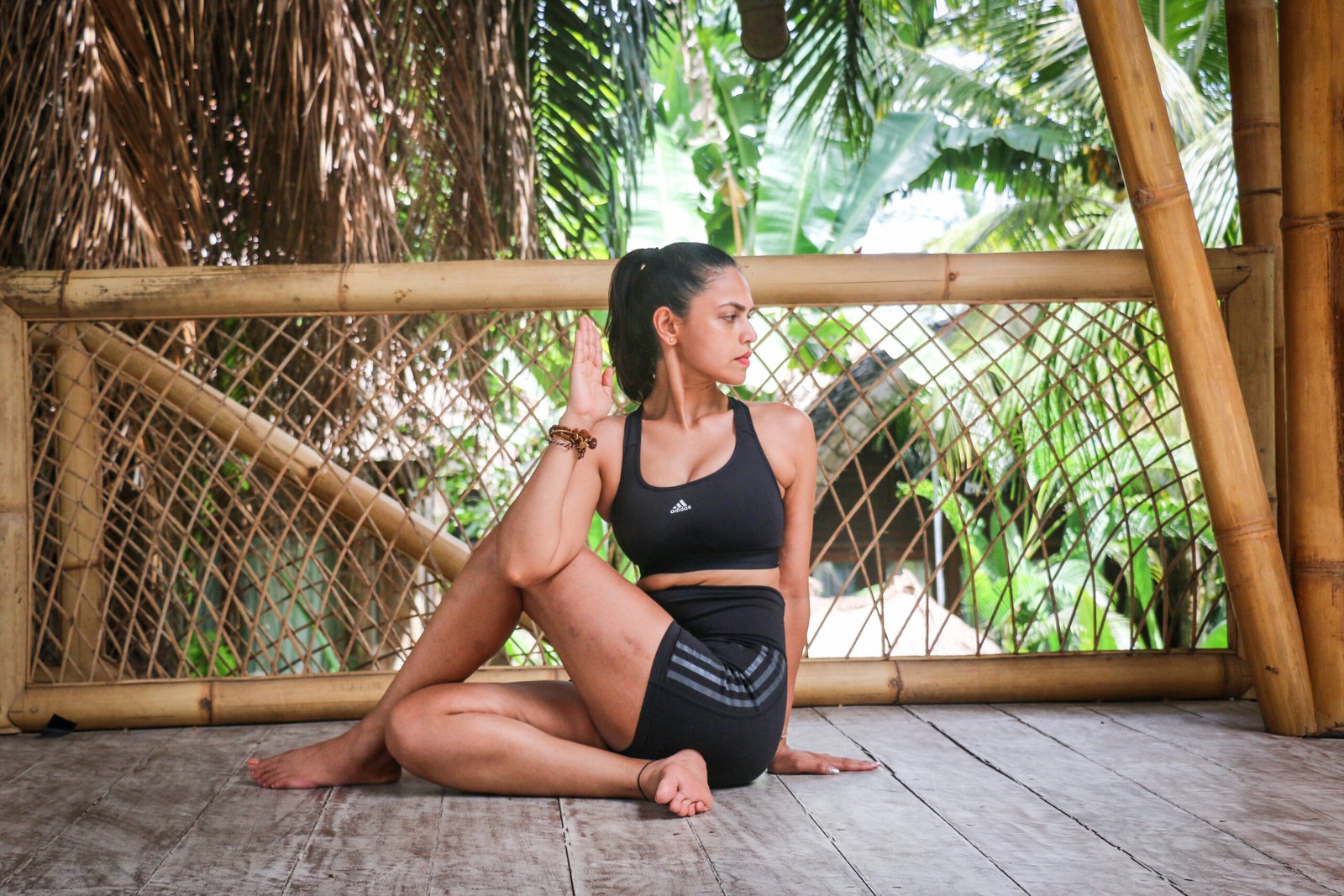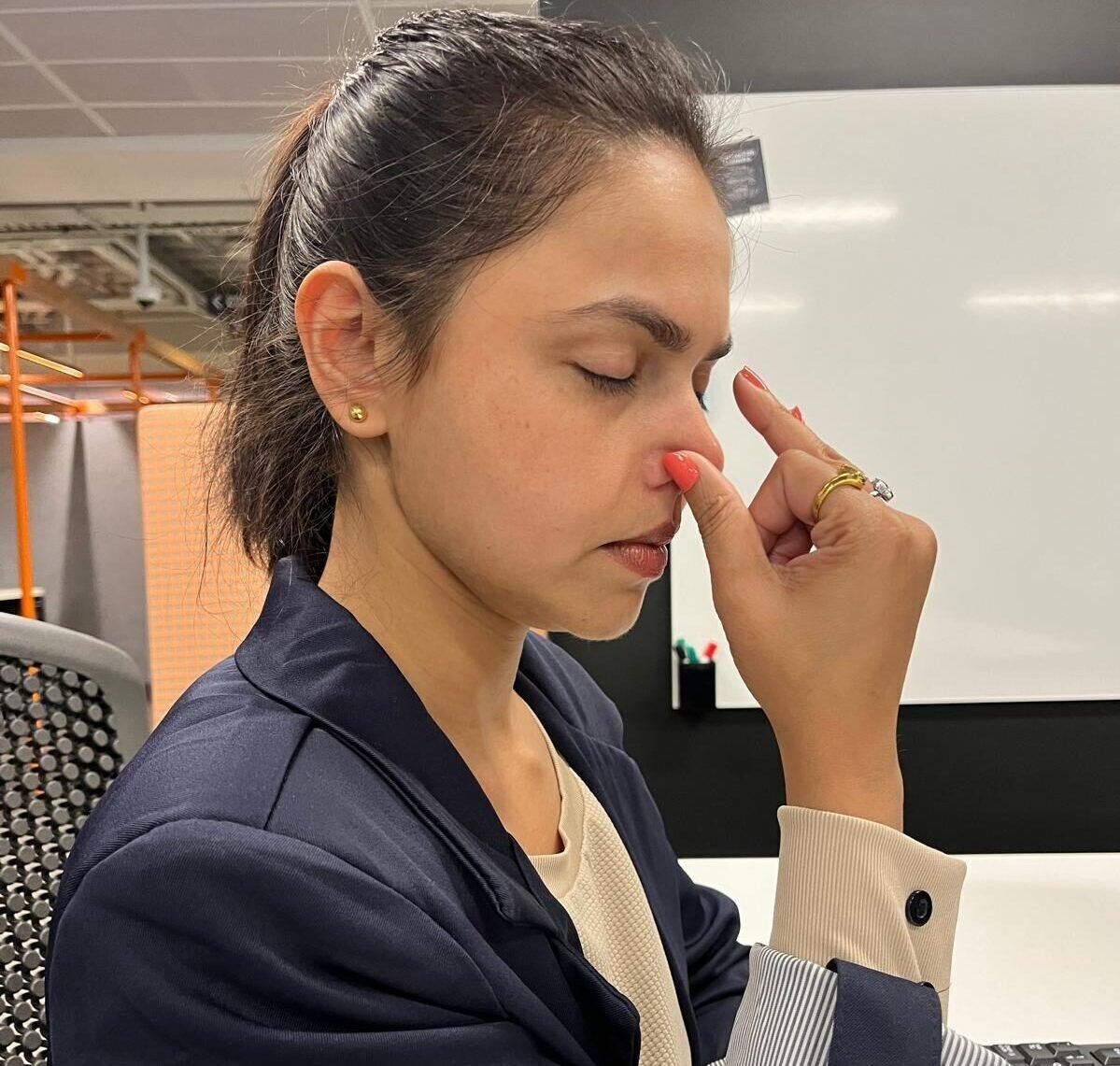
How Vata affects your mental and physical health
Vata Dosha: Understanding Its Impact on Your Mind and Body
Introduction: The Hidden Force Behind Your Well-being
Have you ever felt restless, anxious, or constantly cold? Or perhaps you struggle with irregular digestion, dry skin, or difficulty sleeping? These could be signs that your Vata Dosha is out of balance.
In Ayurveda, the ancient science of life and wellness, Vata Dosha is one of the three fundamental energies governing our body and mind. It is responsible for movement, communication, and creativity. However, when out of balance, Vata can lead to stress, anxiety, digestive issues, and even long-term health problems.
At Jijivi Life, we believe in personalized wellness rooted in Ayurvedic principles. In this guide, we’ll explore:
✅ What is Vata Dosha?
✅ How Vata affects your mental and physical health
✅ Signs of Vata imbalance
✅ Dos and Don’ts to balance Vata naturally
Let’s dive in!
What is Vata Dosha?
The Energy of Movement
Vata Dosha is composed of the Air (Vayu) and Ether (Akasha) elements. It governs all forms of movement in the body, including:
✔️ Breathing
✔️ Circulation
✔️ Digestion and elimination
✔️ Nerve impulses
✔️ Creativity and thoughts
How Vata Dosha Impacts Your Mental & Physical Health
Vata and Mental Health
Since Vata is associated with air and space, it influences the nervous system and mental state. When Vata is balanced, it brings:
✔️ Creativity & clarity – A Vata-balanced mind is imaginative and full of new ideas.
✔️ Adaptability & enthusiasm – Vata types are spontaneous and love new experiences.
✔️ Good communication skills – They express thoughts and emotions freely.
However, excess Vata can lead to:
❌ Anxiety & overthinking – A racing mind, difficulty focusing, and constant worry.
❌ Insomnia & restlessness – Difficulty falling asleep or waking up frequently at night.
❌ Mood swings & nervousness – Feeling overwhelmed, scattered, or easily stressed.
Vata and Physical Health
Vata governs all movement in the body, so when it is imbalanced, it can cause:
❌ Dry skin & hair – The air element leads to dehydration, rough skin, and brittle hair.
❌ Joint pain & stiffness – Lack of lubrication in joints, leading to aches and cracking sounds.
❌ Irregular digestion – Bloating, constipation, gas, or alternating bowel habits.
❌ Low energy & weakness – Feeling drained, light-headed, or physically unstable.
If left unchecked, chronic Vata imbalance can contribute to conditions like IBS, arthritis, chronic stress, and nervous disorders.
Signs of Vata Dosha Imbalance
Mental Signs of Vata Imbalance
Overthinking, worry, or fear
Difficulty making decisions
Lack of focus and forgetfulness
Feeling isolated or disconnected
Physical Signs of Vata Imbalance
Cold hands and feet
Dry or rough skin and hair
Constipation or bloating
Joint pain and stiffness
Low immunity and frequent colds
If you experience several of these symptoms, it’s time to bring your Vata Dosha back into balance.
Mental Signs of Vata Imbalance
Overthinking, worry, or fear
Difficulty making decisions
Lack of focus and forgetfulness
Feeling isolated or disconnected
Cold hands and feet
Dry or rough skin and hair
Constipation or bloating
Joint pain and stiffness
Low immunity and frequent colds
How to Balance Vata Dosha Naturally
Balancing Vata requires warmth, stability, nourishment, and routine.
✅ Do’s for Balancing Vata
✔️ Eat warm, nourishing foods – Favor cooked meals with healthy fats (ghee, coconut oil, nuts).
✔️ Follow a daily routine – Go to bed and wake up at the same time every day.
✔️ Practice slow, grounding exercise – Yoga, Tai Chi, and strength training are great.
✔️ Hydrate with warm liquids – Herbal teas, soups, and warm water support digestion.
✔️ Self-massage (Abhyanga) – Use warm sesame or almond oil for daily self-massage.
✔️ Breathe deeply & meditate – Practices like Pranayama and mindfulness calm the nervous system.
✔️ Stay warm & cozy – Dress in layers, avoid cold weather exposure, and use heating pads.
❌ Don’ts for Vata Balance
❌ Avoid cold, raw foods like salads, smoothies, and icy drinks.
❌ Don’t overwork or push yourself into exhaustion.
❌ Limit caffeine, alcohol, and dry snacks.
❌ Avoid excessive travel or erratic schedules.
Vata-Pacifying Diet: What to Eat & Avoid
Best Foods for Vata Dosha
✔️ Warm, moist, and oily foods
✔️ Soups, stews, and cooked grains (rice, quinoa, oatmeal)
✔️ Root vegetables (sweet potatoes, carrots, beets)
✔️ Healthy fats (ghee, avocado, nuts, seeds)
✔️ Herbal teas (ginger, cinnamon, chamomile)
Foods to Avoid
❌ Cold, raw, or dry foods (crackers, popcorn, raw veggies)
❌ Too much caffeine or alcohol
❌ Processed or frozen foods
❌ Excessive spicy or bitter foods
Jijivi Life’s Approach to Balancing Vata
At Jijivi Life, we believe in a personalized, Ayurvedic approach to wellness. Unlike generic health programs, our method assesses your unique body-mind type (Dosha) and creates a customized plan to restore balance.
How Jijivi Can Help You:
✔️ Personalized Dosha Assessment – Know your Ayurvedic constitution.
✔️ Customized Diet & Lifestyle Plan – Get recommendations based on your imbalances.
✔️ Guided Breathwork & Meditation – Reduce Vata-related anxiety and stress.
✔️ Herbal & Ayurvedic Support – Discover natural remedies for Vata balance.
If you’re struggling with anxiety, digestive issues, or poor sleep, your Vata might be out of balance.
Conclusion: Find Your Inner Bliss with Balanced Vata
Vata Dosha is a powerful force that drives movement, creativity, and communication. However, when out of balance, it can lead to stress, restlessness, and physical discomfort. By following simple Ayurvedic principles—warming foods, grounding routines, self-care rituals, and mindful practices—you can restore harmony and experience true inner bliss.
Ready to take control of your health?
Take our Personalized Wellness Quiz at Jijivi Life and discover your unique wellness roadmap!


